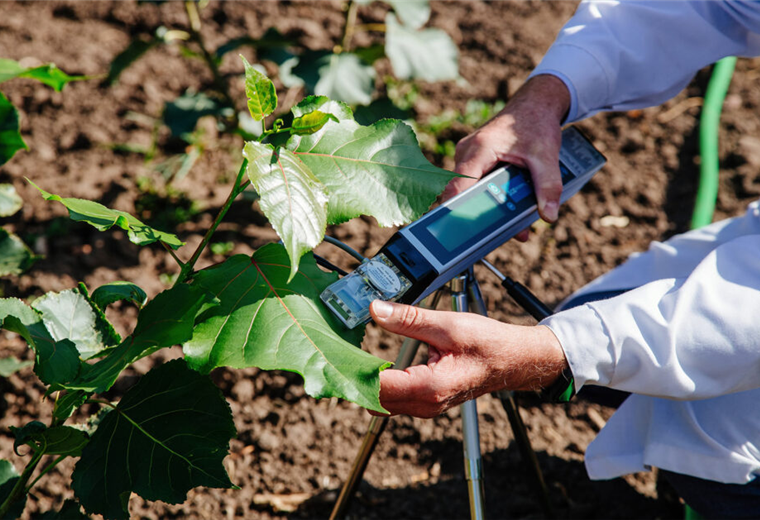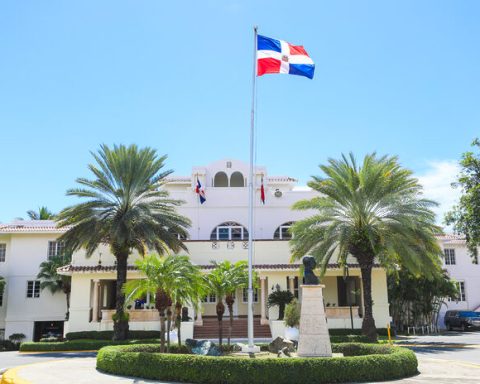The World Bank will help Latin America and the Caribbean to face the climate crisis promoting adaptation and combat strategies to the phenomenon, according to a roadmap presented this Wednesday.
Latin America and the Caribbean generates only 8% of greenhouse gas emissions worldwide, but this percentage may rise if measures are not taken, warns the World Bank.
Climate change is already causing economic damage in the region, by increasing the frequency and intensity of extreme weather events. And it threatens to drag between 2.4 million and 5.8 million people in this part of the world into extreme poverty by 2030, the report says.
Infrastructure damage caused by these phenomena cost more than 1% of GDP to the region, and up to 2% of annual GDP in several Central American countries, such as the Dominican Republic, Nicaragua and Panama.
Climate change has negative impacts on most crops, thus affecting food security. As an example, the World Bank points out that in Argentina, droughts could cause soybean yield losses of up to 50% by 2050.
It also causes very serious rainfall deficits in the Caribbean, it modifies marine ecosystems and causes forests to dry out. In the Amazon basin, the jungle could become savannah due to the combination of climate change and deforestation.
Before this panorama, The World Bank proposes to establish long-term strategies, based on its Climate Action Plan 2021-2025, which has set a goal of spending an average of 35% of loans on climate finance over five years.
In Latin America and the Caribbean, the focus is on adaptation, “on a “long-term resilience” to “get out of the frequency and intensity of extreme effects” and not have huge economic losses, declared Ana Bucher, Environment specialist at the World Bank, during a virtual press conference.
The priorities of the WB in the region in climate matters are agriculturefood systems, energy, transport and cities.
Without concerted action, by 2050, more than 17 million people in the region could be forcibly displaced, which could increase the urban population by up to 10%, estimates the report.


















